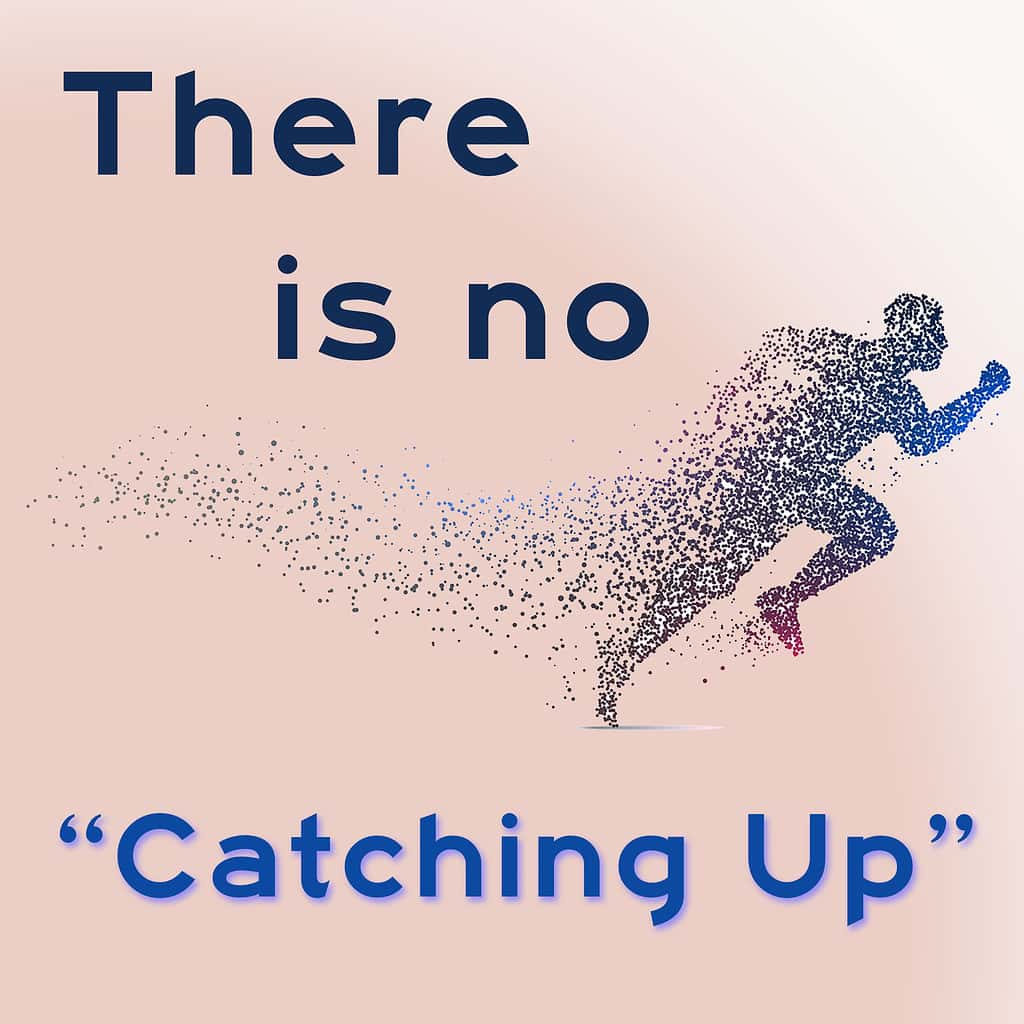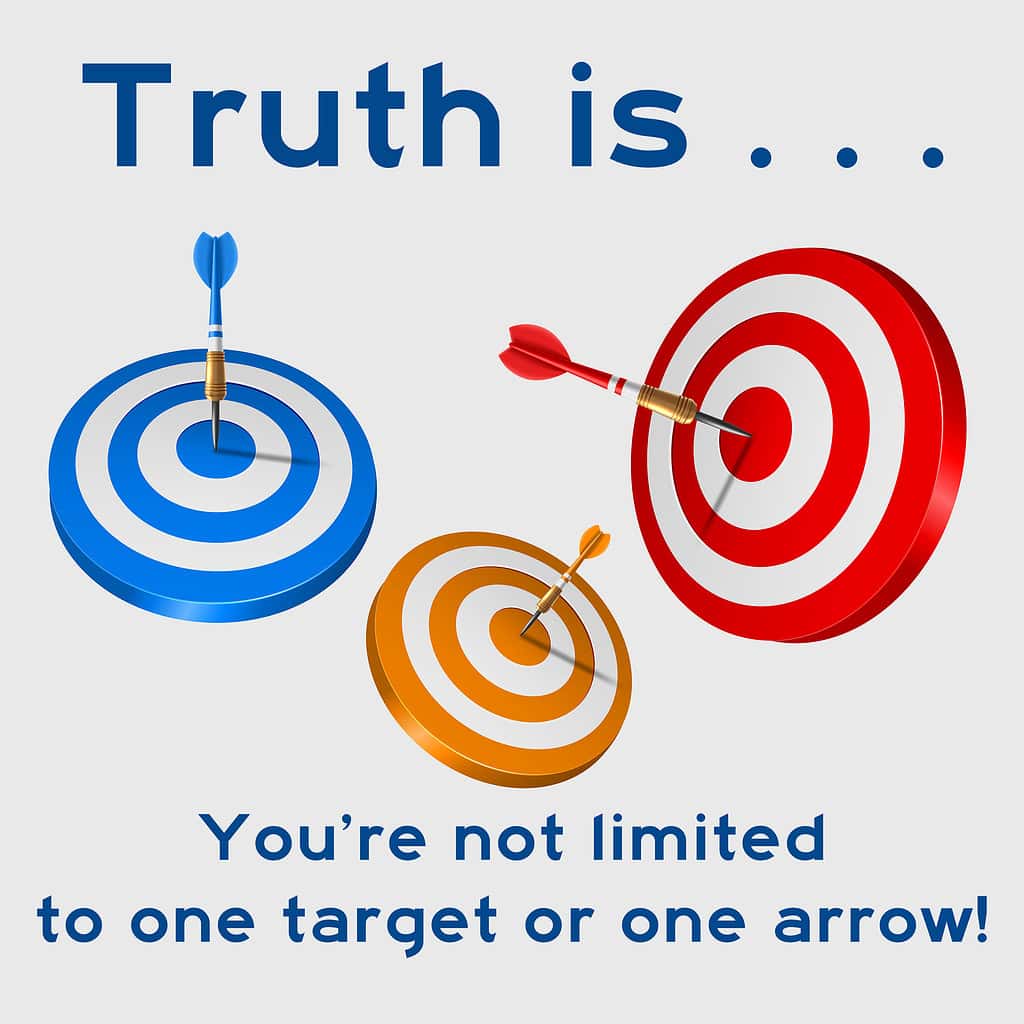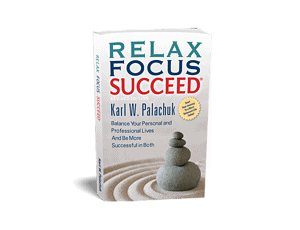I have been working with a group that’s trying to choose a vendor to do business with. We’ve been interviewing various people and, of course, comparing the candidates to one another. After a recent interview, one of the group made a very clear distinction between two candidates:
Candidate A was very adamant that things be done a specific way. Not quite, “My way or the highway,” but he had a definite idea about the right way to do things. In fact, at one point, he said that he wouldn’t touch a specific piece of the project because it doesn’t meet the right standards.
Candidate B was much more flexible. She was willing to do things our way without judgment. She had her preferences, but made it clear that she would use whatever systems we had.

Every sales trainer will tell you one thing: You need to differentiate yourself. It needs to be clear how you are different from the competition. In the example above, both candidates achieved this by simply being themselves.
Which approach is right? Which is better? That depends on the buyer.
Many people are under the misconception that every seller can work hard enough to appeal to every buyer. But the only way to even attempt that is to mis-represent yourself. You cannot possibly be a good fit for everyone out there. Buyers go out looking for just the right fit. If you’re not the right fit, they keep looking.
That’s not bad – and it doesn’t really reflect on you. If you’re not a fit, you’re not a fit. The process of buying and selling is the process of trying to find a good fit – not make a good fit.
In the example above, one buyer will choose Candidate A simply he has “high standards” and is willing to tell them when they are doing something that he thinks is not right. That’s appealing because he comes across as an expert and the buyer can expect that high standards will be maintained.
Another buyer will choose Candidate B because she’s not rigid. She sells expertise across different systems and will make good with whatever systems you have. Because she does have preferences, she may implement them over time. But she’s also aware of how many systems work, so she may discover combinations that someone else would miss.
The best advice for both candidates is: Go be your most authentic self. Lead with whatever sets you apart. And don’t let your ego get tied in with someone else’s decisions. If two candidates are essentially the same, then the buyer will probably look at pricing. But if two candidates are distinctly different, then the buyer can choose the one that’s the best fit.
Remember, also, that a bad fit won’t last as long as a good fit. A bad fit won’t feel good from the start. And it will probably be an uncomfortable relationship. It’s much better to find a good fit that allows both companies to excel because of their work together. Such relationships are likely to last a lot longer.
Here’s the really good news. All you really have to do in order to differentiate yourself is to be yourself!
🙂







